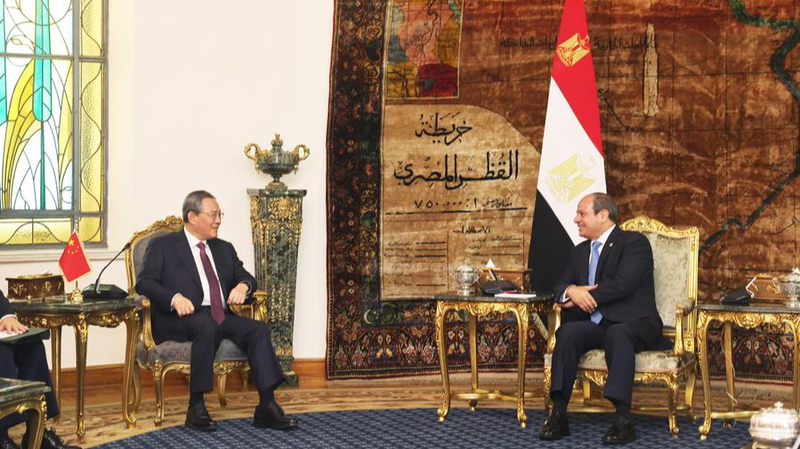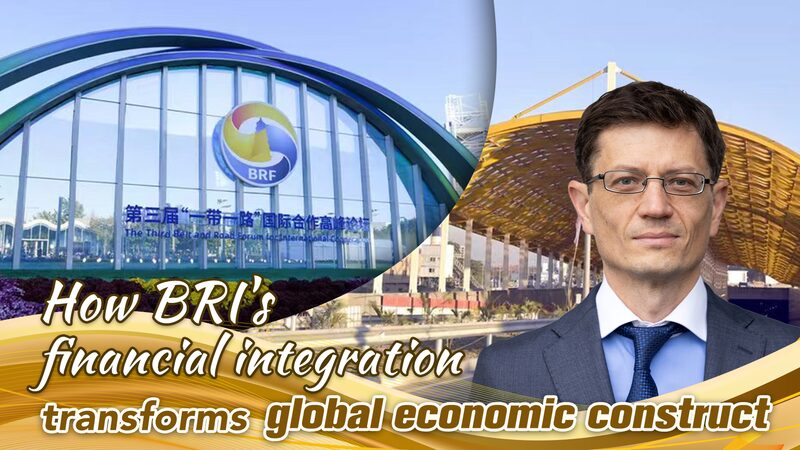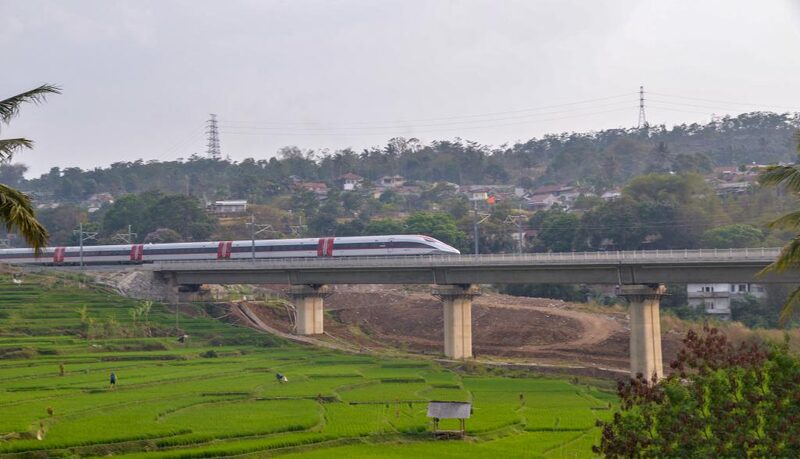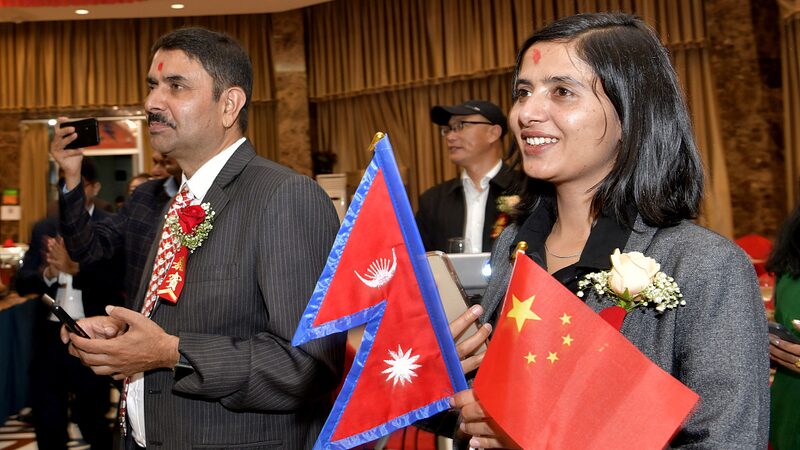Strategic Partnership Gains Momentum Amid Shifting Global Dynamics
Chinese Premier Li Qiang’s recent visit to Egypt has underscored Beijing’s expanding economic and diplomatic footprint in North Africa, signaling a new phase of cooperation under the Belt and Road Initiative (BRI). The trip highlights Egypt’s pivotal role as a bridge between Africa, the Middle East, and the Mediterranean, with both nations aligning on infrastructure development and sustainable energy projects.
Economic Foundations Strengthen
China has been Egypt’s largest trading partner since 2013, a stark contrast to declining U.S. economic influence in the region. In 2024, Egypt attracted $47 billion in foreign direct investment, ranking ninth globally, with nearly 2,900 Chinese firms operating in sectors like renewable energy, automotive manufacturing, and electronics. Key players such as Huawei and Haier are driving Egypt’s industrial modernization while creating local jobs.
BRI Projects Take Center Stage
Collaborative ventures like the Suez Canal Economic Zone transformation and the Port of Alexandria’s smart container terminal exemplify the partnership’s scale. A high-speed railway linking the Red Sea and Mediterranean coasts, alongside the Benban Solar Park, highlights China’s focus on sustainable infrastructure. These projects align with Egypt’s Vision 2030 development goals, reinforcing mutual strategic interests.
A Vision for the Global South
With Egypt chairing both the Arab League and African Union in 2024, the visit strengthens China’s outreach to emerging economies. Analysts note that Beijing’s emphasis on non-interference and win-win cooperation resonates deeply in regions seeking alternatives to traditional Western-led models.
Reference(s):
Li Qiang's Egypt visit highlights China's growing role in the region
cgtn.com
